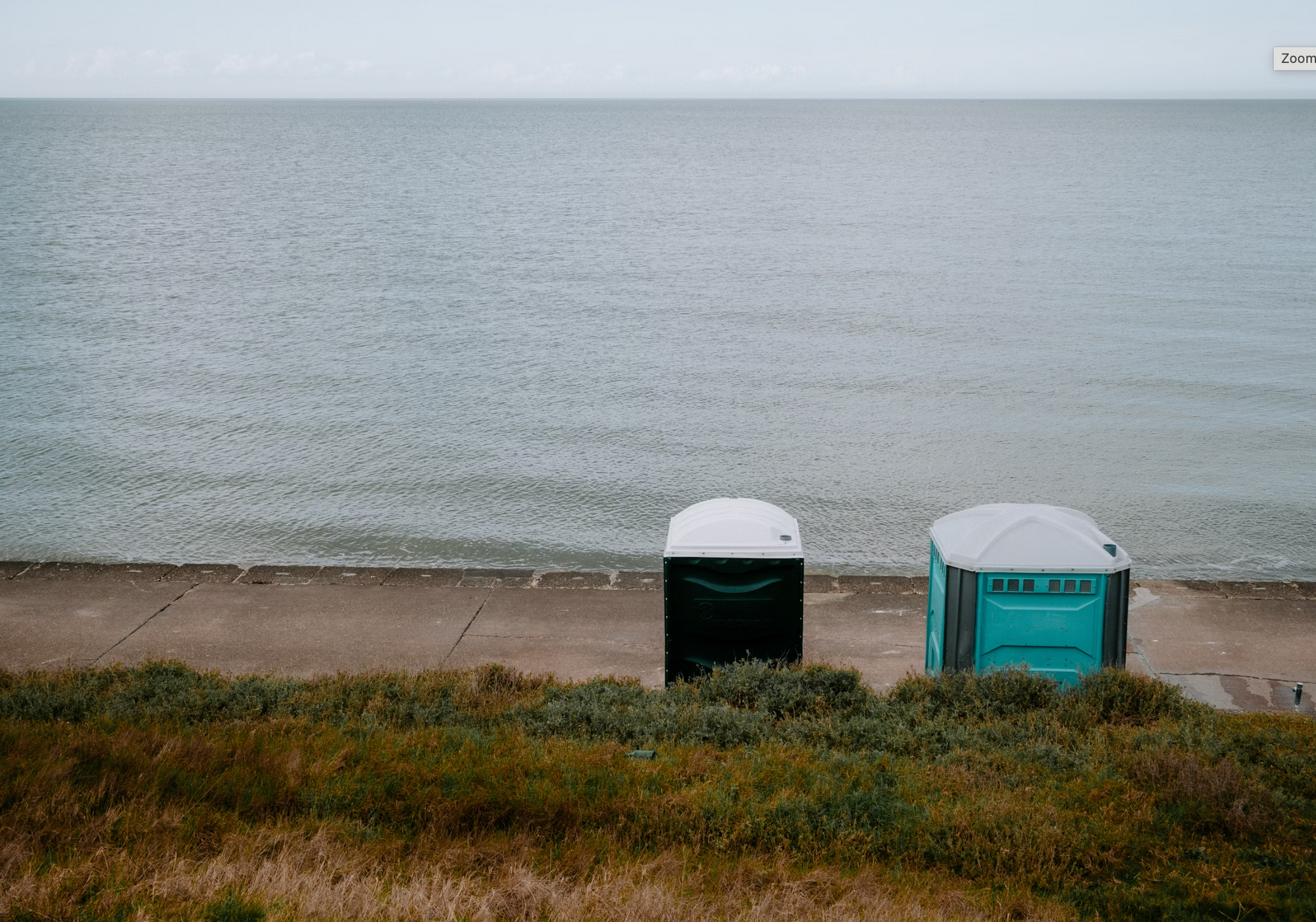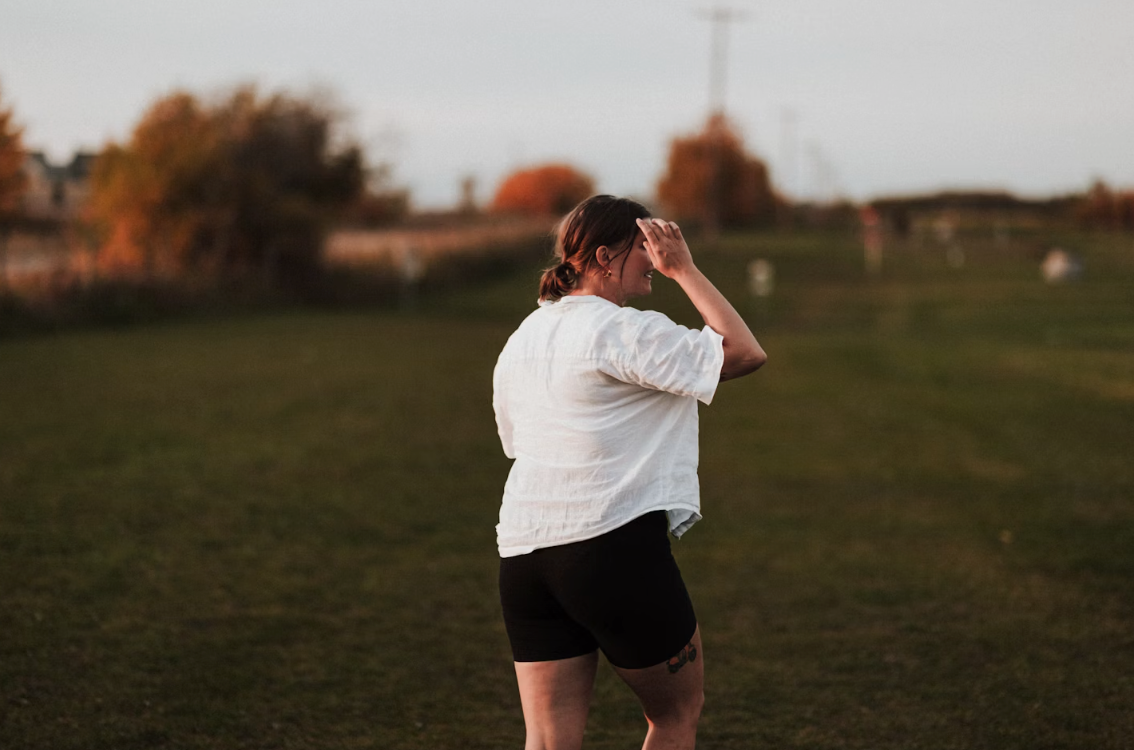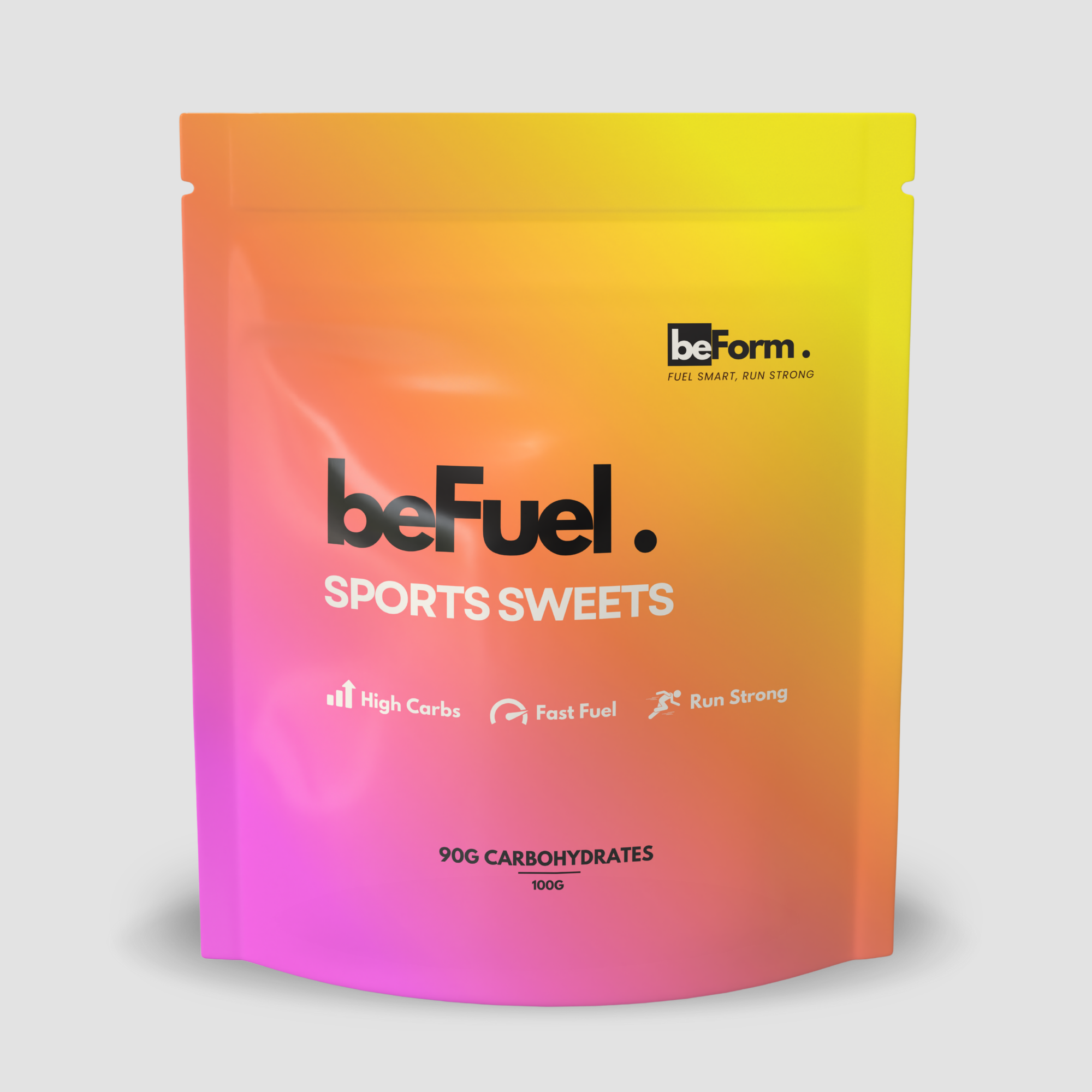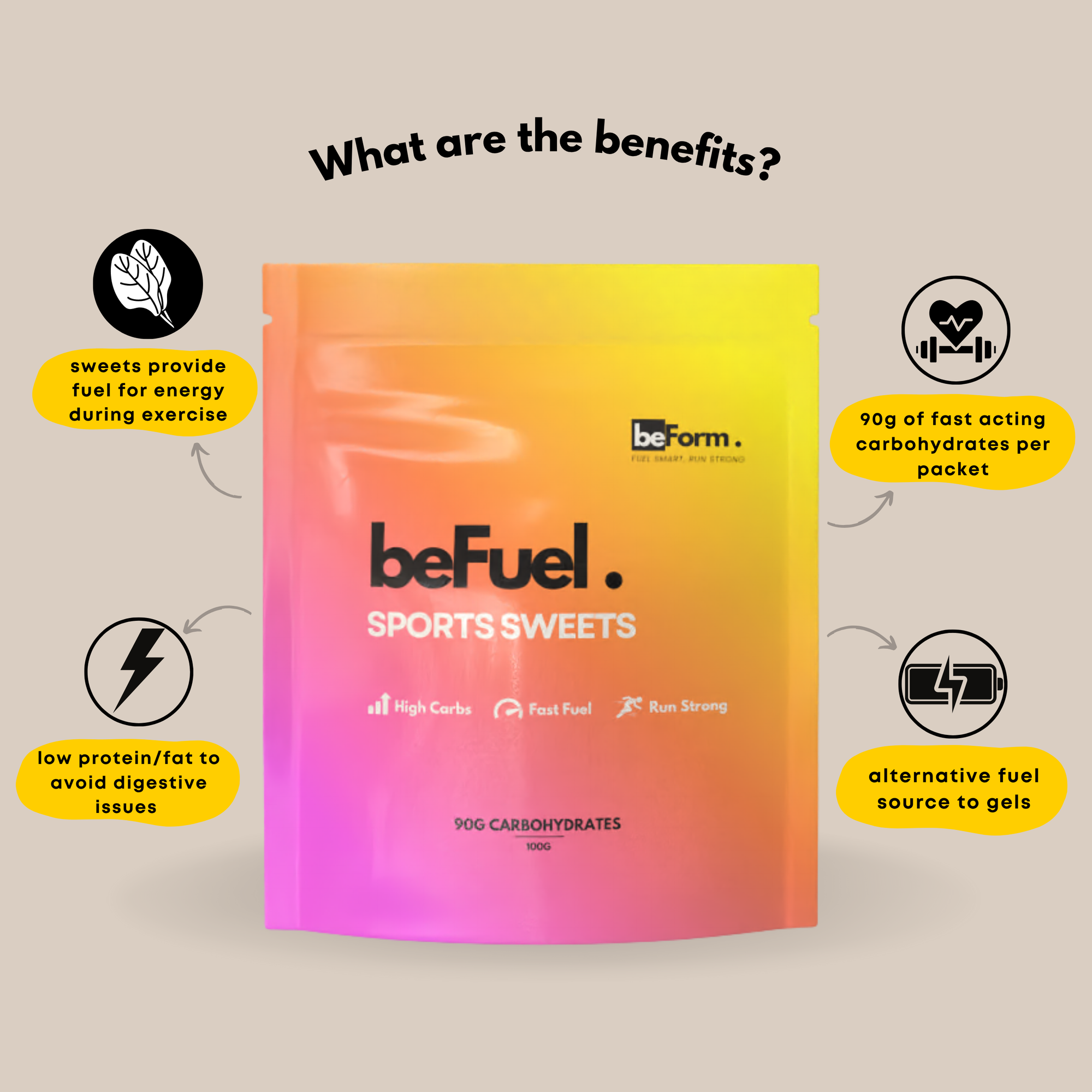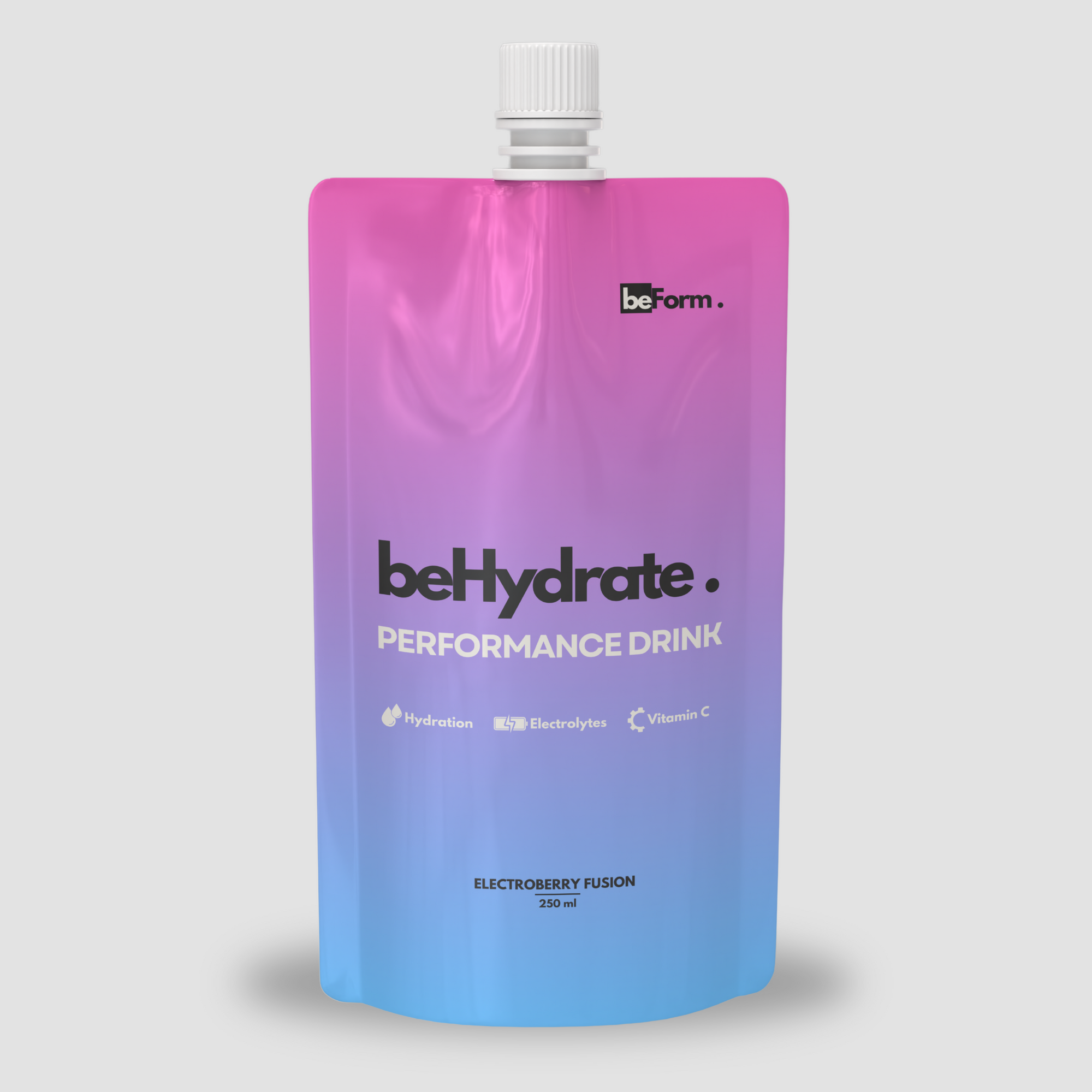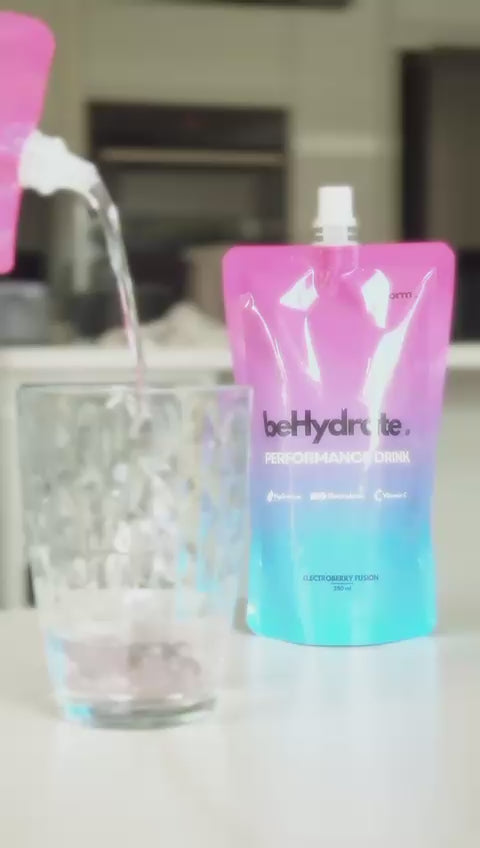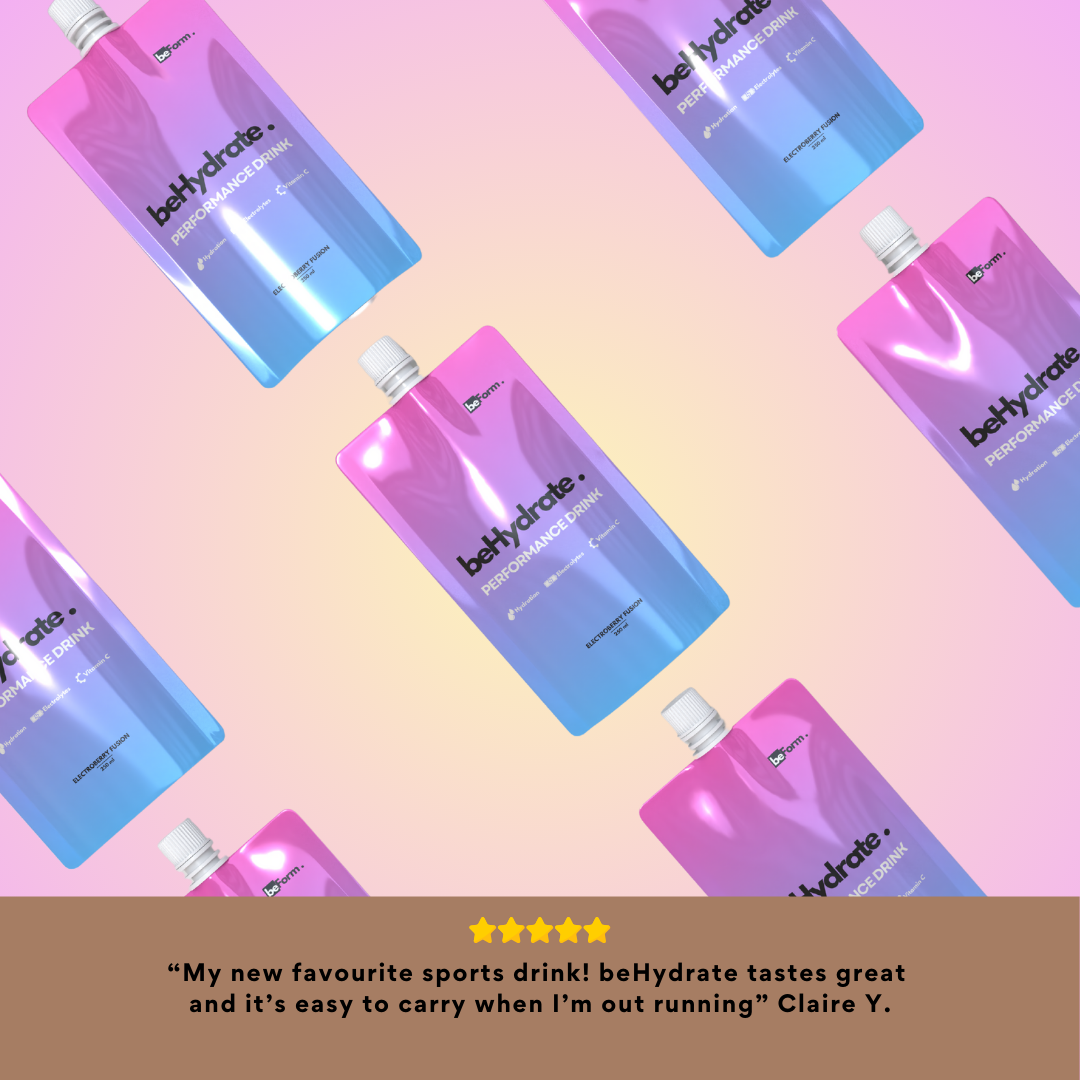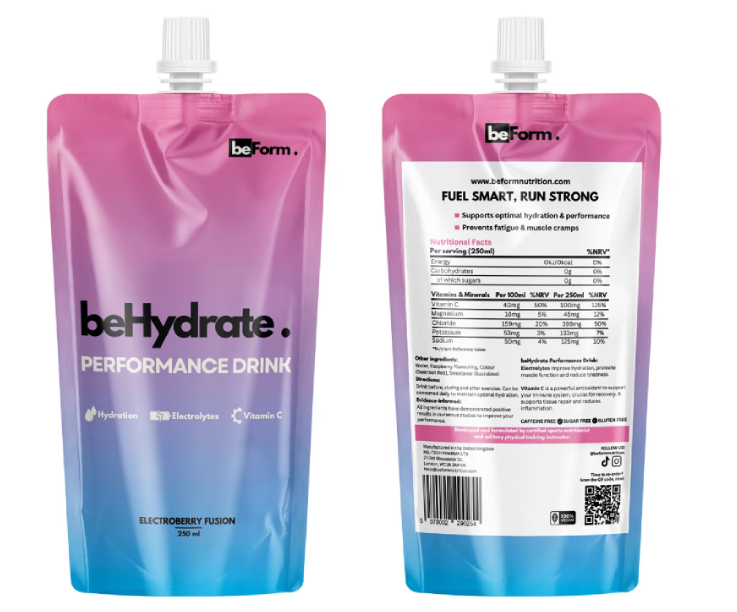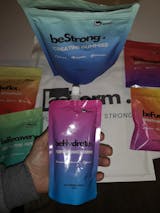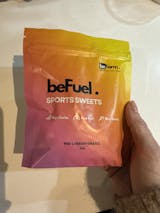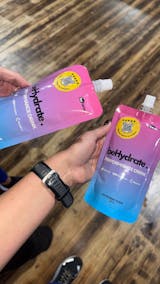Runner's diarrhoea: an urgent need to find a toilet mid-run if you're a runner.
This guide is your comprehensive resource to understanding, preventing, and managing runners' diarrhoea so that your next race goes without unexpected stopovers.
1. Understanding Runner's Diarrhoea: More Than an Inconvenience
Runner's diarrhoea (commonly referred to as "runner's trots") is the sudden urge and urgent need to defecate during or shortly after running, often followed by mild discomfort such as loose stools.
More serious symptoms can include cramping, nausea and uncontrollable bowel movements - this condition affects a significant percentage of endurance athletes.
Why does it happen? It is reported to be caused by a combination of factors, including the mechanical jostling of the gut during running, reduced blood flow to the intestines, changes in intestinal hormone secretion, and potentially diet and stress.
Science Behind It: Unravelling the Root Causes of Runner's Diarrhoea
Causes of runner's diarrhoea can be numerous and complex, involving interactions among physiological, dietary and psychological elements.
Let's break this down:
When engaging in intense exercise, your body diverts blood flow away from your digestive system in favour of working muscles, leading to intestinal ischemia, when oxygen deprivation prevents proper gut function.
Running also stimulates cortisol and adrenaline release, which stimulates bowel movements while increasing gut motility.
Furthermore, running's repetitive impact may irritate and aggravate existing digestive tract inflammation, causing increased activity irritation, as well as increased bowel activity overall.
Dietary Considerations:
While generally healthy, high-fibre foods can be difficult to digest during physical activity and lead to gas, bloating and diarrhoea as your digestive system attempts to process too much too quickly.
Stimulants such as caffeine or sugar may accelerate bowel movements by drawing water into your intestines too rapidly, resulting in diarrhoea.
Dehydration compounds this by further concentrating waste products within your system, thereby slowing down digestion processes.
The psychological wrestle with nerves and anxiety activates the "fight or flight" response and encourages regular bowel movements while increasing gut sensitivity.
Your body uses this response as protection from perceived threats - even if that threat is only an intense race!
Ben's Story: My Experience during the Geordieman 70.3 Triathlon
Let me tell you a tale about the Geordieman 70.3. At first, everything was going according to plan - I felt ready and raring to smash my personal best time.
However, around mile 8 (of 13.1), disaster struck - cramping struck hard and forced me into making multiple dashes for the portaloo throughout the race.
By the time I crossed the finish line exhausted and dehydrated, my dreams of setting a personal best were long since gone due to runner's diarrhoea.
That experience was a game-changer; I realised I couldn't allow this issue to impede my races anymore and set out to find a solution, not only for myself but for other runners facing similar problems.
2. Prevention Strategies: Steps You Should Take Before, During, and After Your Run
Prevention is always preferable to treatment. Here's how you can lower your risk of runner's diarrhoea.
Pre-Race Nutrition for a Healthy Gut
Focus on easily digestible foods like white rice, pasta, bananas and cooked vegetables as these will provide readily available energy and are gentle on your digestive tract.
Avoid high-fibre foods like beans, lentils, broccoli and whole grains in the 24-48 hours leading up to your run.
Also, start hydrating well ahead of your run; drink plenty of water and electrolyte-rich beverages over this period as well.
Experiment with different meal timings until you find what works for you; generally, aim to have your last large meal 2-3 hours prior and an energy bar snack within 1 or 2 hours of running your run.
Maintain Gut Harmony While Running a Marathon
Stick with water or sports drinks that offer a balanced electrolyte profile; avoid fruit juices and carbonated beverages, which may irritate the gut.
Not all energy gels are created equal. Look for ones with lower fructose concentration and no artificial sweeteners that may cause digestive distress; trial various brands during training until you find one that suits you.
To be honest, it was the use of gels that started to annoy me; I find them sticky, slimy, not very tasty, and usually a bit inconvenient, which is why we developed beFuel sports sweets.
Pushing too hard too soon increases the risk of runner's diarrhoea, so start slowly before gradually increasing intensity levels over time - listen to what your body tells you!
Post-Run Recovery: Strengthen and Revamp Your System
Replenish lost fluids and electrolytes with water, sports drinks, or electrolyte tablets.
Choose easily digestible foods like white rice, chicken and toast; avoid high-fat, high-fibre and spicy foods immediately post-run.
Allow yourself time for recovery after an intensive run by getting plenty of sleep and avoiding strenuous activity for at least 24 hours afterwards.
3. Solutions and Management: What To Do in Case of Disaster
Even with the best preventive strategies in place, runner's diarrhoea may still strike unexpectedly. Here's how to treat it.
Immediate Actions: Addressing Symptoms Instantaneously
Know the location of the toilets along your route. If you're running a race, familiarise yourself with the course map and identify toilet spots. It is always better to be prepared!
Panic can escalate symptoms. Take deep breaths and try to relax, remind yourself that this is only temporary, and everything will work out eventually!
Long-Term Solutions: Addressing Underlying Issues
Probiotics can help restore the balance of bacteria in your gut, improving digestion and decreasing the risk of diarrhoea.
Probiotics should be thought of as "good bacteria," helping keep it healthy. To keep track of what you eat and its effect on digestion, maintain a food journal.
This may help identify foods that contribute to runner's diarrhoea triggers as well as relaxation techniques like meditation, yoga or deep breathing, which can be effective ways to manage stress and anxiety levels.
At times, over-the-counter medications like Imodium may provide temporary relief from diarrhoea symptoms.
beForm Nutrition: Enhancing Gut Health for Runners
At beForm Nutrition, our primary focus is creating products to support your running performance and meet the specific needs of athletes. Our formulations aim to keep athletes feeling their best so that they can remain comfortable and achieve peak performance.
beRecovery is a daily supplement to help recovery and replenish lost electrolytes with a mixture of potassium, magnesium and zinc to keep you hydrated and prevent muscle cramps.
Plus, it features vitamin B6 and D and which have anti-inflammatory and anti-nausea properties, helping soothe digestive discomfort.
Dosage: Take 3 capsules daily.
If diarrhoea becomes severe or persistent, with other symptoms like fever, blood in your stool, or unexplained weight loss present, it's wise to visit a physician or registered dietitian immediately for assessment and advice.
They can rule out potential medical conditions before developing an individualised treatment plan to address them.
FAQs: Addressing Common Concerns
Q: "I have been having difficulty with runner's diarrhoea despite trying various strategies. What else could be contributing to it?"
A: Frustrating attempts can leave us searching for answers, yet without success.
Finding what works can take trial-and-error; consider working with a sports nutritionist to develop a personalised nutrition plan tailored specifically to you, while investigating potential food sensitivities or medical conditions as potential culprits.
Sometimes finding strategies that work is simply finding what fits your unique body!
Additional Tips for Sensitive Stomachs
Experiment with different fuel sources during training runs and keep a detailed food journal to identify triggers.
Practice race-day nutrition strategies during training runs so your digestive tract can handle them well.
5. Conclusion: Take Control of Your Gut and Unleash Its Potential
Runner's diarrhoea can be an inconvenient issue, but it doesn't need to derail your training or race.
By employing personalised strategies for nutrition, hydration, pacing and post-run recovery, you can minimise risk while effectively treating symptoms.
Now, I want to hear from you! What have your experiences with runner's diarrhoea been like, and which strategies have worked well for you?
Please share any insight or advice on our Facebook page so we can all work together and overcome this obstacle and enjoy running to its fullest.

